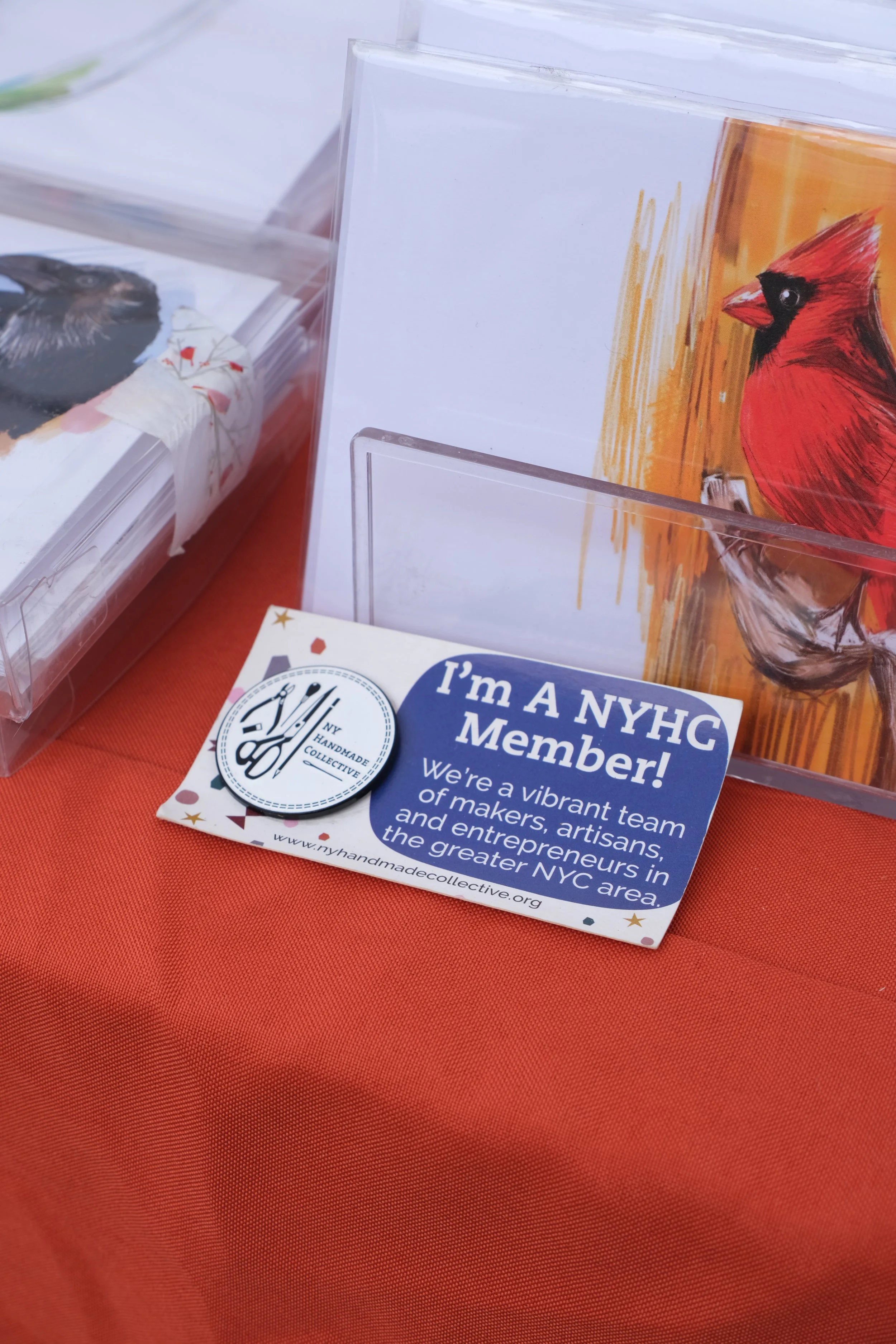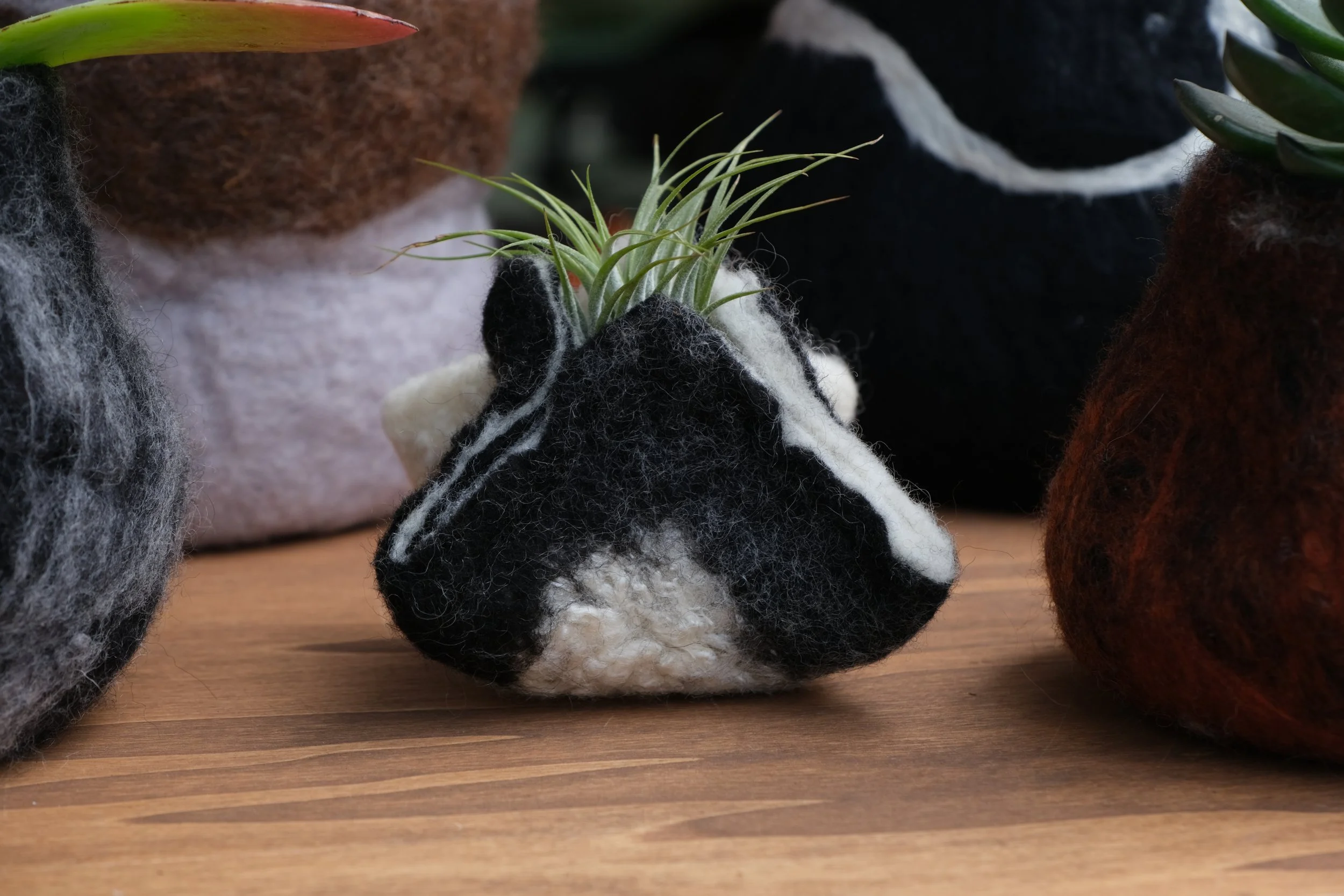"Entrepreneurship",
"Etsypreneurs",
"Hello Etsy",
"Pratt Institute",
"Social Entrepreneurs",
"Sustainable Business",
"craft entrepreneurship",
"environment",
"etsy",
"sustainability"
NY Handmade Collective
"Entrepreneurship",
"Etsypreneurs",
"Hello Etsy",
"Pratt Institute",
"Social Entrepreneurs",
"Sustainable Business",
"craft entrepreneurship",
"environment",
"etsy",
"sustainability"
NY Handmade Collective
Read More
"B Corporation",
"Designing an MBA",
"Goodnik",
"Hello Etsy",
"Megan Auman",
"Merriam-Webster",
"Patagonia",
"Seventh Generation",
"Social Entrepreneurs",
"Understanding Objects",
"environment",
"etsy",
"recycling",
"sustainability"
NY Handmade Collective
"B Corporation",
"Designing an MBA",
"Goodnik",
"Hello Etsy",
"Megan Auman",
"Merriam-Webster",
"Patagonia",
"Seventh Generation",
"Social Entrepreneurs",
"Understanding Objects",
"environment",
"etsy",
"recycling",
"sustainability"
NY Handmade Collective
Read More

